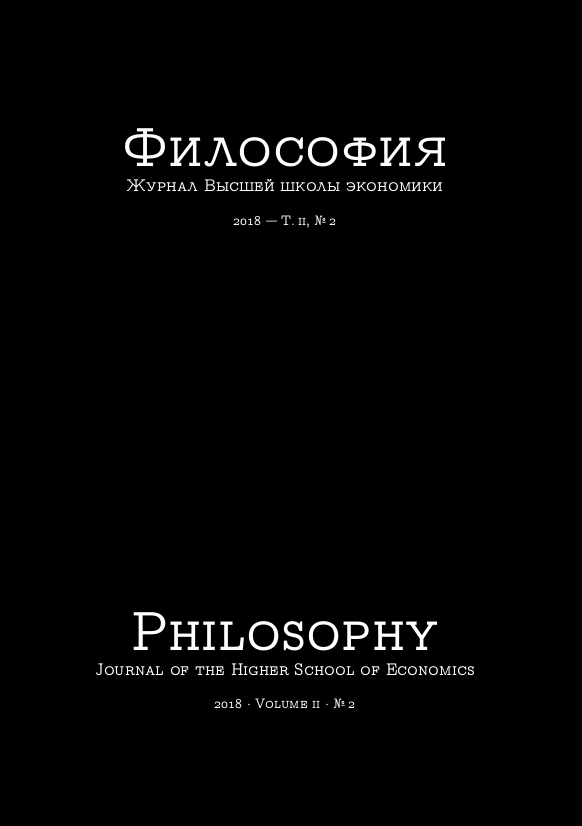Идея самодержавия (конец XIX – начало XX вв.)
Аннотация
В статье рассматривается понимание концепта «самодержавие» интеллектуалами и представителями высшей бюрократии в конце XIX – начале XX вв. Исследование основано на широком круге источников, как опубликованных, так и архивных. Отмечается, что получившая широкое признание славянофильская версия (точнее: версии) «самодержавия», в сущности, предусматривала переформатирование политического режима и проведение масштабных институциональных преобразований. Фактически она служила «камуфлированию» оппозиционных настроений среди высших сановников империи, которые не могли быть слишком откровенными в декларации собственных политических взглядов. Это была риторика мнимой лояльности. В основе ее лежало категорическое неприятие абсолютистской доктрины, которая по умолчанию была идеологическим фундаментом российской государственности. Критикуя слабо прижившиеся в России институты полицейского государства, сторонники славянофильской версии «самодержавия» вплотную подходили к идее конституционных ограничений царской власти. Они отказывали государству в праве быть единственным демиургом российской истории и настаивали на необходимости установления жестких рамок его деятельности. Важно подчеркнуть, что славянофильская риторика получила широкое хождение как среди убежденных сторонников славянофильского учения, так и среди тех, кто готов был принять ее как словесное оформление для собственных оппозиционных взглядов. Все это не было секретом для многих высокопоставленных бюрократов, не сочувствовавших такому пониманию монархии. Высказывания самих императоров в большинстве случаев были весьма далеки от славянофильской риторики. И все же каноническое прочтение «самодержавия» принадлежало не царям, а славянофильствующим мыслителям, работавшим в редакциях московских журналов и газет или же в министерских канцеляриях Санкт-Петербурга. Это лишний раз подчеркивает политическое одиночество верховной власти, которая не могла ожидать однозначной поддержки даже со стороны ближайших сотрудников в лице государственных служащих или придворного окружения.






